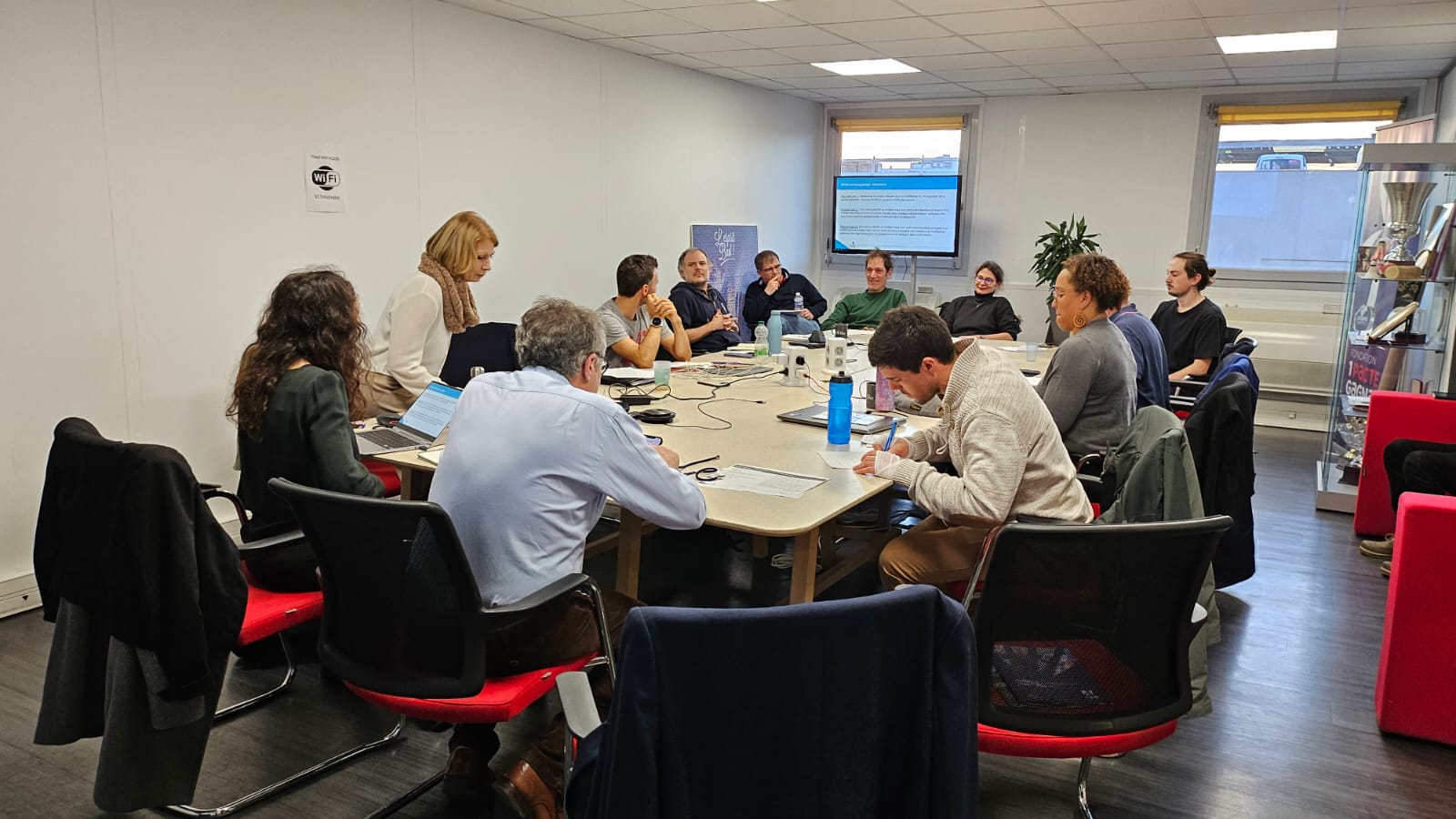Harnessing Expertise for Social Impact
ESSEC has dedicated over two decades to evaluating social impact through its E&MISE laboratory, headed by Professor Bernard Leca. The partnership with FFBad aligns with this commitment, focusing on evaluating the impact of the federation’s efforts to foster social inclusion through sports. ‘Promoting social inclusion is central to this initiative,’ explains Murielle Chauvel. ‘Our goal is to determine the effectiveness of the implemented initiatives in achieving their intended impacts.’

Phase One: Qualitative Analysis and Stakeholder Engagement
The first phase of the assignment entailed conducting a comprehensive qualitative study. This included understanding stakeholder dynamics, analyzing operational workflows, and deciphering the organizational structure of the federation’s clubs and committees. Regarding the working process, Murielle says: ’We facilitated collective intelligence workshops to map out the federation’s value chain collaboratively. These workshops, along with interviews and webinars, helped rally stakeholders around this initiative.’
A steering committee was established to drive this process, actively involving club managers and other key stakeholders. This initial phase encountered challenges, particularly in terms of stakeholder engagement, yet ultimately fostered significant awareness and mobilization among the involved parties.
Indicators and field evaluation
The subsequent phase of the initiative focused on formulating specific impact indicators, which were translated into questionnaires tailored to four distinct demographic groups: licensees; seniors; underprivileged youth; schoolchildren; and individuals with disabilities. Administered between December 2023 and January 2024, these surveys yielded essential insights for an initial assessment across ten pilot clubs.
The findings revealed significant impacts: 63% of respondents reported improved mental well-being; 96% indicated strengthened social connections; and 90% expressed pride in their club affiliation. These statistics underscore the pivotal role of badminton in fostering personal well-being and community cohesion.
Following the initial phase, a second survey was circulated, involving nine additional clubs, to further refine and validate the impact indicators. It proved challenging to garner club engagement in the process. However, the conclusions yielded insightful outcomes. One club reported enhanced governance and restored cohesion among members. Another club director noted the lack of intergenerational activities highlighted in testimonials, leading to the introduction of Sunday classes for children and grandparents. A third example highlighted that 50% of participants expressed their intention of continuing in the sport, suggesting a potential strategy for member retention.
Badminton is an accessible sport, where participants can achieve rapid progress, which is highly rewarding. On average, new entrant age is around 25. While this is relatively high in comparison to other sports, it underscores badminton’s ability to attract older participants.

Promoting and communicating results
Key pillars of this strategy include health, education, social cohesion, inclusion, and eco-responsibility, with a strong focus on social innovation. Discussing the desired outcomes of the initiative, Murielle Chauvel stresses that: ‘It’s not merely about listing best practices, rather it is about formalizing and executing a genuine Social Performance Project (SPP).’
The final phase of this initiative, slated for July 2024, will consolidate survey findings and focus on monetization these social impacts. Murielle Chauvel explains: ‘Each impact metric will be assigned a monetary value. This will enable us to quantify the social value generated for every euro invested in the federation and its affiliated clubs.’
Communicating these outcomes effectively will be pivotal in raising awareness among managers at FFBad and ensuring the longevity of this impact assessment. The goal is to evolve this initiative into a sustainable strategy, seamlessly integrated into the federation’s governance framework.
A forward-thinking and innovative sports federation
This ambitious endeavor aims to support change management within the federation, fostering a unified culture of social impact, fortifying its governance, and mobilizing its network of partners. By overcoming current challenges, particularly those brought on by the health crisis, the FFBad aims to become the first sports federation in France dedicated to a mission.
Leveraging ESSEC’s expertise and the FFBad’s resolute commitment, this social impact assessment marks a major step forward for the world of sports. It demonstrates that sport can be more than a simple recreational activity, and be a catalyst for social cohesion, well-being, and inclusion. In doing so, it actively contributes to forging a more just and inclusive society.

